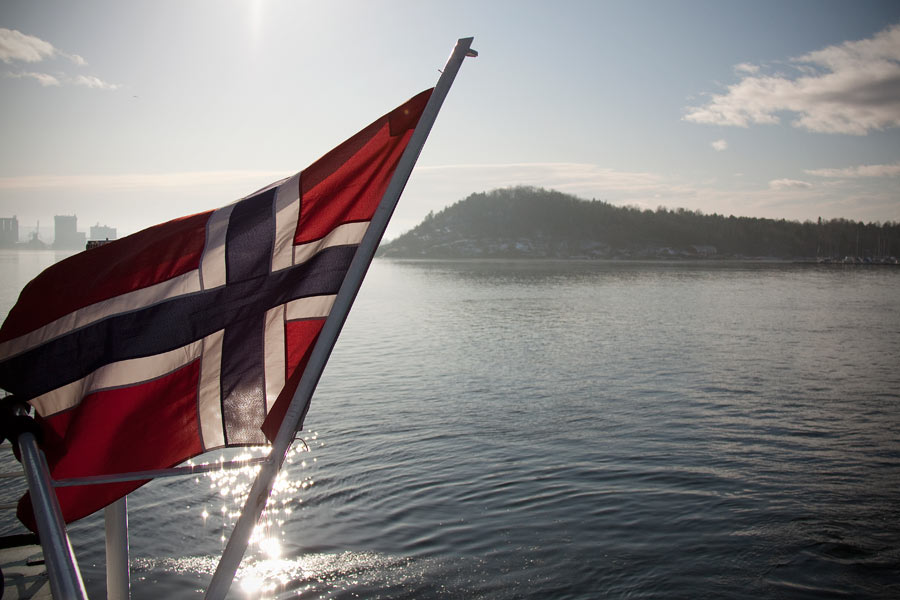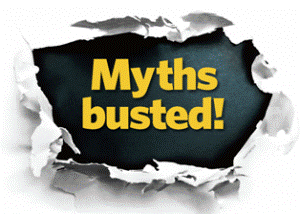When we talk about the gambling situation in Norway, things seem pretty bad. If you only read the laws which involve the books, then things seem dire for Norwegian gamblers. There are two licensed betting sites in Norway and both have poor odds and poor game selection, being limited in overall functionality.
In reality, things aren't as bad as they might seem. We will first take a look at what the law says, and then we will talk about the realities of online gambling in Norway.
The current status of legal situation in Norway
Norway has some of the most restrictive anti-gambling laws in Europe. Even more, Norway isn't part of the European Union. Therefore, the country isn't subject to the same pressure as its neighbors, Finland and Sweden, when it comes to the state-controlled monopoly.
Currently, all forms of gambling and lottery activities are subjected to the regulation of the Norwegian Gaming Authority, which is a public authority working under the Ministry of Culture. This entity supervises and regulates all kinds of gambling, including lotteries, slot machines, horse race betting, sports betting, raffles, bingo and lotteries, and online gambling.
According to the law, there are two legal betting sites in Norway, Norsk Rikstoto and Norsk Tipping. Established in 1982, Norsk Rikstoto is an organization that is entitled by the Government to monitor and regulate parimutuel betting that is related to animal racing in Norway. Norsk Tipping is the national lottery of the country and it is state-owned. It was established in 1984 and it also controls sports betting, poker, keno and scratch card games.
We need to take a step back in time to talk about the current legal situation that regards online gambling. Over the past century most forms of gambling have been considered illegal. If the games aren't outlawed, they are controlled by the state and are only offered by state-owned monopolies.
In 1927, the Totalisator Act established that horse racing betting would be legal in Norway. The same act gave Norsk Rikstoto the sole power to conduct horse wagering across the country. This entity exists today in both online and offline version and it is the only legal place to bet on horses in Norway.
In 1992, the Gaming Act gave Norsk Tipping the power to control the lottery of Norway, sports betting and other games as well. Later, it was also granted to authority to host online poker for residents of the country.
A law passed in 2008, made it illegal for individuals in Norway to play at foreign gambling sites. That caused a lot of concern, but the truth is the law hasn't been enforced. There are many people in Norway who play at foreign sites without any issues whatsoever.
If you want to be in full accordance with the law then you can play Norsk Tipping for poker and sports betting and Norsk Rikstoto for pari-mutuel wagering. It's as simple as that. Playing anywhere else is illegal.
The reality of gambling in Norway
The reality of gambling in Norway isn't as dire as you might believe or as Norsk Rikstoto and Norsk Tipping would like it to be. There are people who still place bets at offshore gaming sites, and business is as good as ever. There are hundreds and hundreds of sites that accept players from Norway. Some even process transactions in Norwegian Krones and feature Norwegian as a website language.
Although it may be illegal, there are plenty of offshore bookmakers, poker sites and casinos which still accept Norwegian players. Lawmakers might call it illegal, but the transactions are fully legal according to the law of the said operators. And that happens because the law isn't enforced as it should be. The biggest issue you might face is a declined credit card when you want to make a deposit as in 2010 a Payment Act of Norway was passed.
This Act is Norway's version of the USA's Unlawful Internet Gambling Enforcement Act (UIGEA). What it tries to do is to stifle online gambling in Norway by instructing banks and payment processors not to accept business transactions with offshore gaming companies.
Ending remarks
This is how things stand nowadays in Norway. The law states one thing, reality is another thing. Lawmakers have given hints about the fact that one day the market may be opened to competition. Many favor this direction as plenty of Norwegians already play at offshore companies. They might as well legalize it, put protections in place and bring additional tax revenue.



















